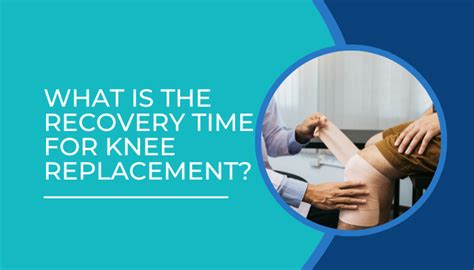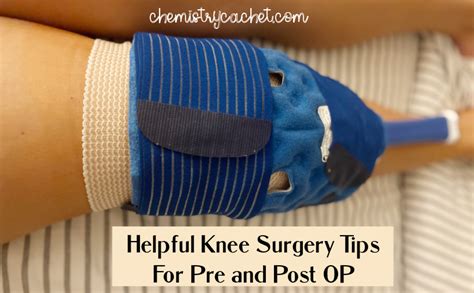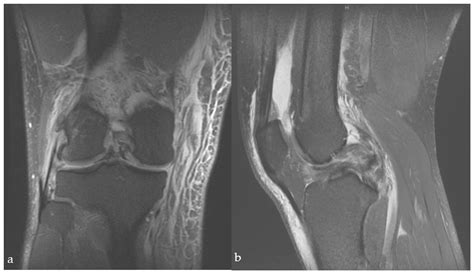Intro
Recover from knee replacement surgery with ease. Learn about the rehabilitation process, timeline, and exercises to ensure a smooth transition. Discover how to manage pain, regain strength, and restore mobility. Get expert tips on post-operative care, physical therapy, and returning to daily activities, for a successful knee replacement recovery.
Recovery from knee replacement surgery is a crucial aspect of the overall treatment process. Knee replacement, also known as knee arthroplasty, is a surgical procedure where the damaged or arthritic joint surface is replaced with an artificial joint made of metal and plastic components. The goal of knee replacement surgery is to alleviate pain, restore function, and improve the overall quality of life for individuals with severe knee damage or arthritis.
Knee replacement surgery is a major operation that requires careful planning, precise execution, and a well-structured recovery plan. The recovery process can be lengthy and challenging, but with the right guidance and support, patients can achieve a successful outcome and regain their mobility and independence. In this article, we will delve into the world of knee replacement recovery, exploring the various stages, tips, and strategies to help patients navigate this critical period.
Immediate Post-Surgical Recovery

The immediate post-surgical recovery period typically lasts for 1-3 days after the operation. During this time, patients are closely monitored by medical staff in the hospital to ensure that they are recovering smoothly and without complications. Pain management is a top priority, and patients are usually given pain medication to alleviate discomfort and promote relaxation.
Pain Management
Effective pain management is crucial during the immediate post-surgical recovery period. Patients may experience pain, swelling, and bruising around the knee area, which can be managed with medication, ice packs, and elevation of the affected leg. It is essential to follow the pain management plan recommended by the healthcare provider to ensure a smooth and comfortable recovery.
Short-Term Recovery (1-6 Weeks)

The short-term recovery period typically lasts for 1-6 weeks after the operation. During this time, patients are encouraged to participate in physical therapy to promote healing, strengthen the surrounding muscles, and improve mobility.
Physical Therapy
Physical therapy plays a vital role in the short-term recovery process. A physical therapist will work with the patient to develop a personalized exercise program that includes activities such as:
- Range of motion exercises to improve flexibility and mobility
- Strengthening exercises to build muscle strength and endurance
- Balance and coordination exercises to enhance stability and prevent falls
Long-Term Recovery (6-12 Weeks)

The long-term recovery period typically lasts for 6-12 weeks after the operation. During this time, patients are encouraged to continue with physical therapy and gradually increase their activity level.
Returning to Normal Activities
As patients progress through the long-term recovery period, they can gradually return to their normal activities, including:
- Driving
- Walking
- Cycling
- Swimming
- Golfing
It is essential to follow the healthcare provider's recommendations and guidelines to ensure a safe and successful return to normal activities.
Tips for a Successful Recovery

Here are some valuable tips to help patients achieve a successful recovery:
- Follow the healthcare provider's instructions and recommendations
- Attend physical therapy sessions regularly
- Take pain medication as directed
- Elevate the affected leg to reduce swelling
- Use ice packs to reduce pain and inflammation
- Avoid heavy lifting, bending, or strenuous activities
Common Complications and Risks

As with any surgical procedure, knee replacement surgery carries certain risks and complications, including:
- Infection
- Blood clots
- Nerve damage
- Prosthesis failure
- Revision surgery
It is essential to discuss these risks and complications with the healthcare provider before undergoing knee replacement surgery.
Conclusion
Recovery from knee replacement surgery requires patience, dedication, and a well-structured plan. By following the healthcare provider's recommendations, attending physical therapy sessions, and taking care of the affected knee, patients can achieve a successful recovery and regain their mobility and independence. Remember to stay positive, focused, and committed to the recovery process, and you will be back on your feet in no time.
What are the benefits of knee replacement surgery?
+Knee replacement surgery can alleviate pain, restore function, and improve the overall quality of life for individuals with severe knee damage or arthritis.
How long does the recovery process take?
+The recovery process typically takes 3-6 months, but it can vary depending on individual factors, such as age, overall health, and the complexity of the surgery.
What are the risks and complications associated with knee replacement surgery?
+Risks and complications include infection, blood clots, nerve damage, prosthesis failure, and revision surgery. It is essential to discuss these risks with the healthcare provider before undergoing knee replacement surgery.
